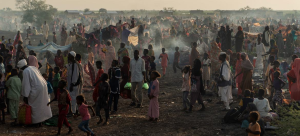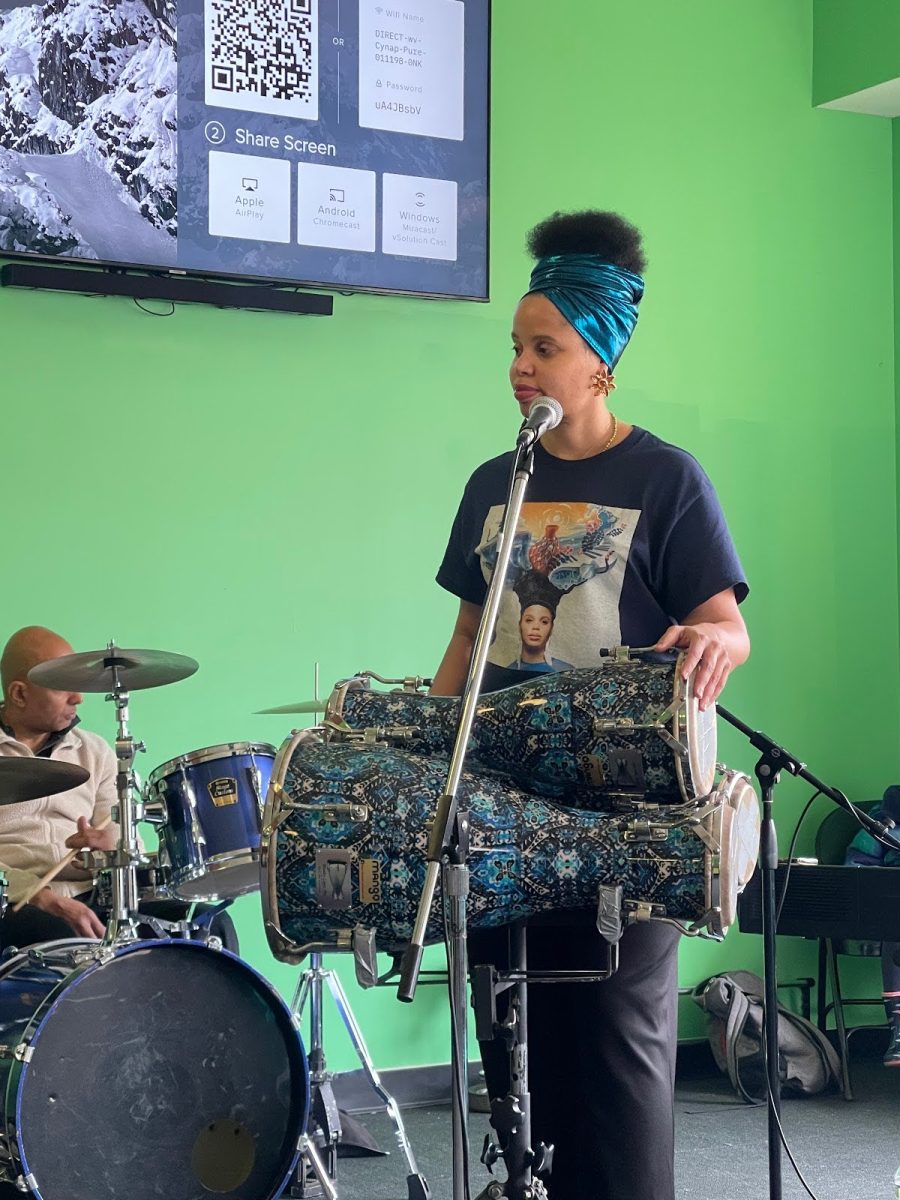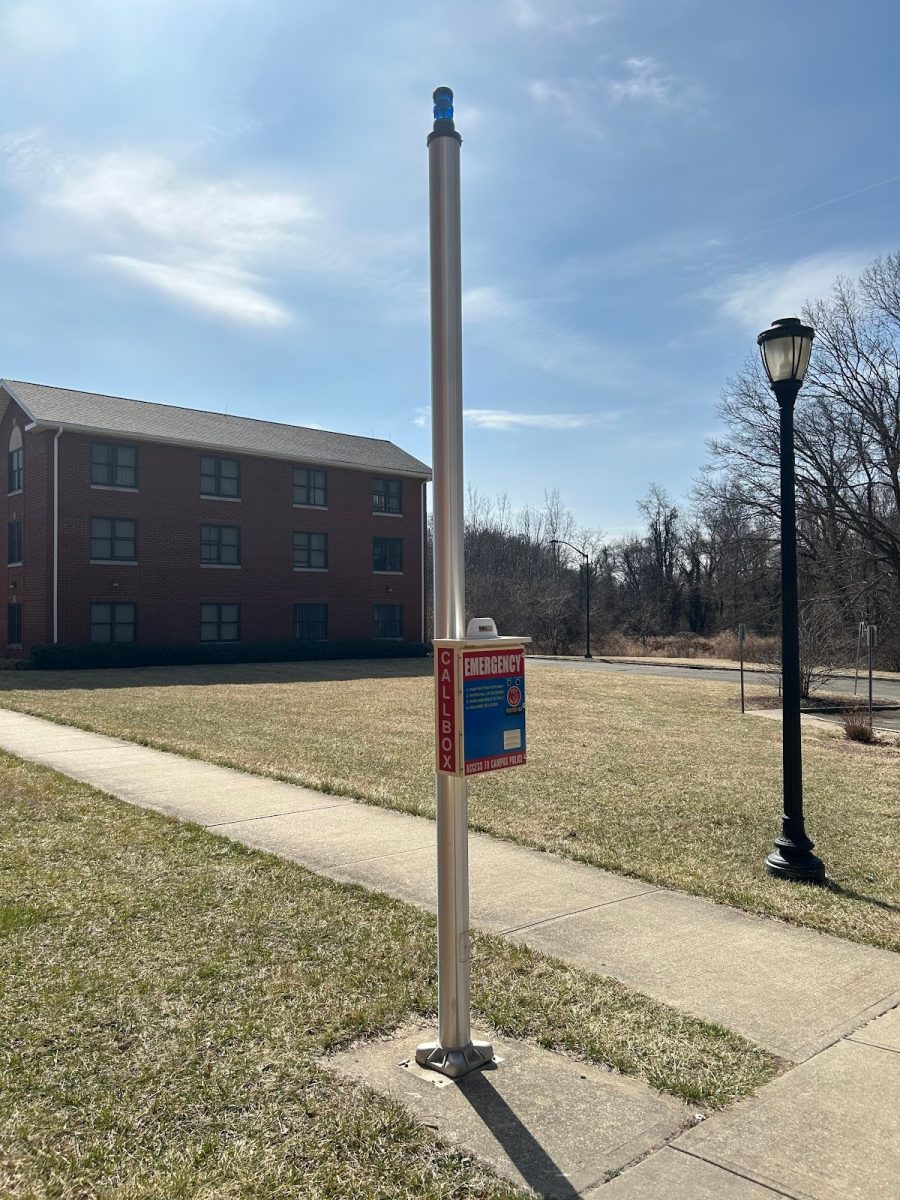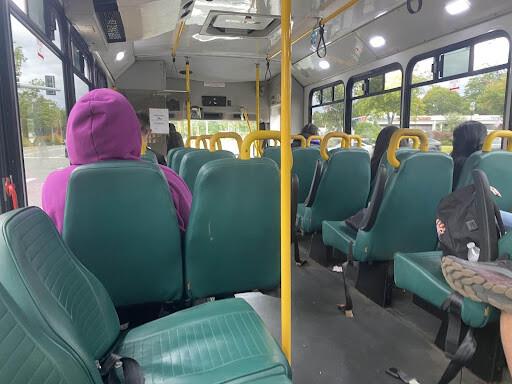
Photo Credit: UNHCR/Ala Kheir.
The events taking place in Israel and Palestine have brought other situations to light, such as what is happening in the Sudan.
In Khartoum, Sudan, according to ABCNews, fighting erupted on April 15, 2023 in light of weeks of tension between General Abdel-Fattah Burhan, the commander of the Sudanese Armed Forces (SAF); and General Mohammed Hamdan Dagalo, the head of the Rapid Support Forces (RSF).
Prior to the conflict between the two generals, in 2019, the authoritarian leader Omar al-Bashir, who ruled from 1993 to 2019, was removed from his position. The removal of al-Bashir sparked hope that Sudan would return to civilian rule. However, Burhan and Dagalo, who used to be allies according to ABCNews, orchestrated a military coup together in 2021. The military coup resulted in the dissipation of Sudan’s power-sharing government and derailed its short-lived transition to a democracy. After the military coup, Burhan became the ruler of Sudan with Dagalo as his right hand man. Since the military coup, Burhan and Dagalo have fought for control of Sudan.
Before the current crisis, Sudan dealt with violence and displacement due to the 2003 Darfur crisis. By the end of 2022, the amount of internally displaced people surpassed 3.7 million. About 800,000 Sudanese refugees migrated to neighboring countries, including Chad (260,390), South Sudan (178,560), Egypt (255,565), and Ethiopia (26,801).
According to the National Museum of American Diplomacy, in 2003, a rebellion broke out in Darfur, which is in the western region of Sudan. The rebellion was to protest the Sudanese government’s disregard for the region and its non-Arab population, Britannica writes. The Sudanese government armed local Arab militias called the “Janjaweed” in an effort to defeat the rebel groups. In 2009, the Janjaweed attacked civilians from ethnic groups associated with the rebels. The United Nations estimated that at least 70,000 people were killed in the conflict.
Today, according to the BBC, thousands of people are fleeing the Darfur region for fear of ethnic cleansing. The United Nations Refugee Agency (UNHCR) says, the most affected groups of the current crisis are women and children. The UN estimated that even before the fighting began, over 3 million Sudanese women and girls were at risk for gender-based violence and intimate-partner violence. Since April 2023, these numbers have increased to an estimated 4.2 million.
Hatim Ali, a local human rights monitor, told BBC that he fled to Chad after the RSF and allied militias arrived and besieged Erdamt across the river from El Geneina. Ali said they “killed so many men and raped a lot of women.” Since the capture of El Geneina, the RSF and their allied Arab militias have been accused of murdering, looting the homes of, and raping the women of the Masalit ethnic group.
The RSF and Arab militia have also, according to BBC, attacked a camp for internally displaced people in Erdamta, where about 800 people have reportedly been killed. A man who fled the camp with his family said, “I’m still alive, but I lost a lot.”
The UNHCR states that in Sudan, the health of the people is also a “particularly alarming,” problem. Over 1,200 children under the age of 5 have died between mid-May and mid-September due to a measles outbreak. This is combined with high levels of malnutrition; at least four children die every week due to the lack of essential medicines, personnel, and supplies.
According to the World Health Organization and UNFPA, pregnant women have been heavily impacted by the violence. Attacks on healthcare facilities, equipment, and workers have further deprived women of health care. It’s estimated that there are 262,880 pregnant women, more than 90,000 of whom will give birth in the next three months and will need access to proper reproductive health services.
In addition to being affected by war, the UNHCR reports that Sudan has also experienced severe weather disasters that have been linked to climate change, including floods and droughts. As a result, crops and livestock have been destroyed causing food insecurity for hundreds of thousands of people throughout Sudan.
BBC says that peace talks have taken place in Saudi Arabia, but their efforts to secure a ceasefire have failed. A response to the crisis in Sudan was launched earlier this year, the UNHCR states. Humanitarians created a $921 million plan, but as the year comes to a close, only 26 percent of the plan has been funded. If you would like to help the people of Sudan, you can send a donation to the UNHCR, which will help provide Sudan with aid such as food, medicine, and clean water.





















